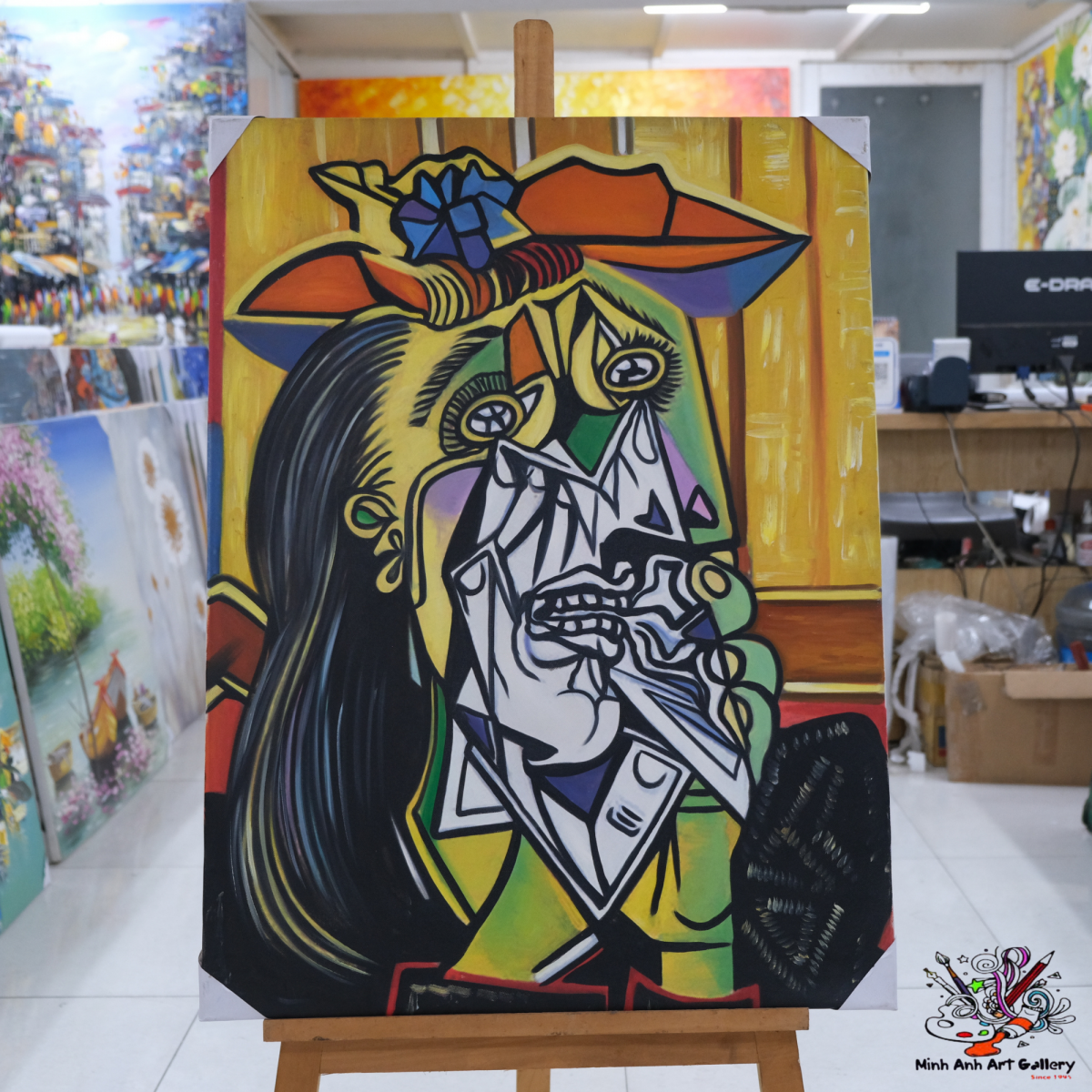In today’s art world, value isn’t just about the price tag. It’s about emotion, context, reputation, and relevance. So, what makes a painting stand out in a modern art collection? Let’s dive into the fascinating layers behind the value of art in today’s world.

A painting might be priceless to one collector and worthless to another. That’s because value is not just monetary—it’s emotional. Art speaks. Sometimes it whispers, sometimes it roars. And that personal connection is often the real goldmine.
A piece treasured in a Vietnamese art collection gallery might not fetch the same admiration in Europe. Cultural context, market demand, and regional preferences all shape the perceived value.
A signature can mean everything. An artwork by a well-known artist boosts value purely through name recognition. Think Picasso’s doodles versus unknown talent—it’s all in the signature.
A documented history adds weight. The more we know about a painting’s past—where it was displayed, who owned it—the more valuable it becomes in any curated art collection.

Collectors crave exclusivity. A one-of-a-kind oil painting naturally has more allure than a limited run of 50. Scarcity drives desire, and desire fuels value.
Like diamonds, art follows basic economic principles. When demand exceeds supply—especially in private art galleries—prices skyrocket.
Some paintings encapsulate a moment in time. Be it political upheaval, cultural shifts, or personal milestones, these works transcend decoration and become legacy.
Is the piece tied to Impressionism? Post-modernism? Or perhaps it emerged during a revolutionary protest? Its roots give it relevance and worth within any art collection gallery.
Materials matter. Oil, acrylic, mixed media—each speaks differently. Innovative use of materials often sets a piece apart in a contemporary art gallery setting.
A masterfully detailed portrait may wow the eye, but abstract chaos can punch you in the soul. The technique matters—but so does how it makes you feel.
Collectors are influenced by trends—color palettes, subjects, and even social themes. Paintings aligning with trending topics or visual styles rise in appeal.
Experts can turn a “maybe” into a “must-have.” Their endorsement gives credibility, pushing pieces into elite famous art collections.
How a painting is curated can redefine its importance. Positioning a piece alongside other iconic works elevates its story and worth.
A painting showcased in exclusive art gallery exhibitions or tucked inside a high-end private art gallery often signals premium value.
Today, visibility equals value. Paintings featured in an art collection online often reach a global audience—scaling reputation and increasing demand. Explore our online collection here
Instagram is the new museum. A well-shared painting can go viral, and virtual art gallery collection tours boost engagement even more.
Every viewer brings their own history to a piece. What one sees as grief, another may see as liberation. That unique reaction gives the art power.
Let’s be honest—most collectors don’t buy art for ROI. They buy it because it moves them. And that emotional pull often outweighs logical considerations.

Looking into a fine art collection offers clues—look for themes, common artists, or bold risks. These collections reflect both taste and vision.
A contemporary art gallery reveals what’s “now.” The experimental, the emotional, the avant-garde—it’s where new value is born.
So, what really makes a painting valuable in a modern art collection? It’s not just the brushstrokes. It’s the story behind the piece, the emotional punch, the artist’s journey, and the gallery it lives in—be it a private art gallery or a buzzing digital platform. Value isn’t one thing—it’s everything. And the more we appreciate these layers, the richer our collection becomes.
1. Can a painting gain value even if the artist is unknown?
Absolutely! If the piece resonates emotionally or becomes culturally significant, it can gain serious value.
2. Why are digital platforms influencing art value?
Because visibility drives demand. An artwork shared online can reach global collectors instantly.
3. How important is provenance in evaluating a painting’s worth?
Very. Provenance adds credibility and history, increasing trust and investment value.
4. Is art value mostly subjective?
In many ways, yes. While market trends play a role, emotional impact and context shape value uniquely.
5. Do modern collectors prefer physical galleries or online collections?
Both. Many start browsing an art collection online before visiting a physical gallery or exhibition.
Message:
This article is proudly presented by Minh Anh Art Gallery – where passion meets artistry. Visit us at 101 Bui Vien St, District 1, Ho Chi Minh City, Vietnam.
Phone: (+84) 962 720 484
Email: minhanhart.vn@gmail.com
Website: https://minhanhart.vn/